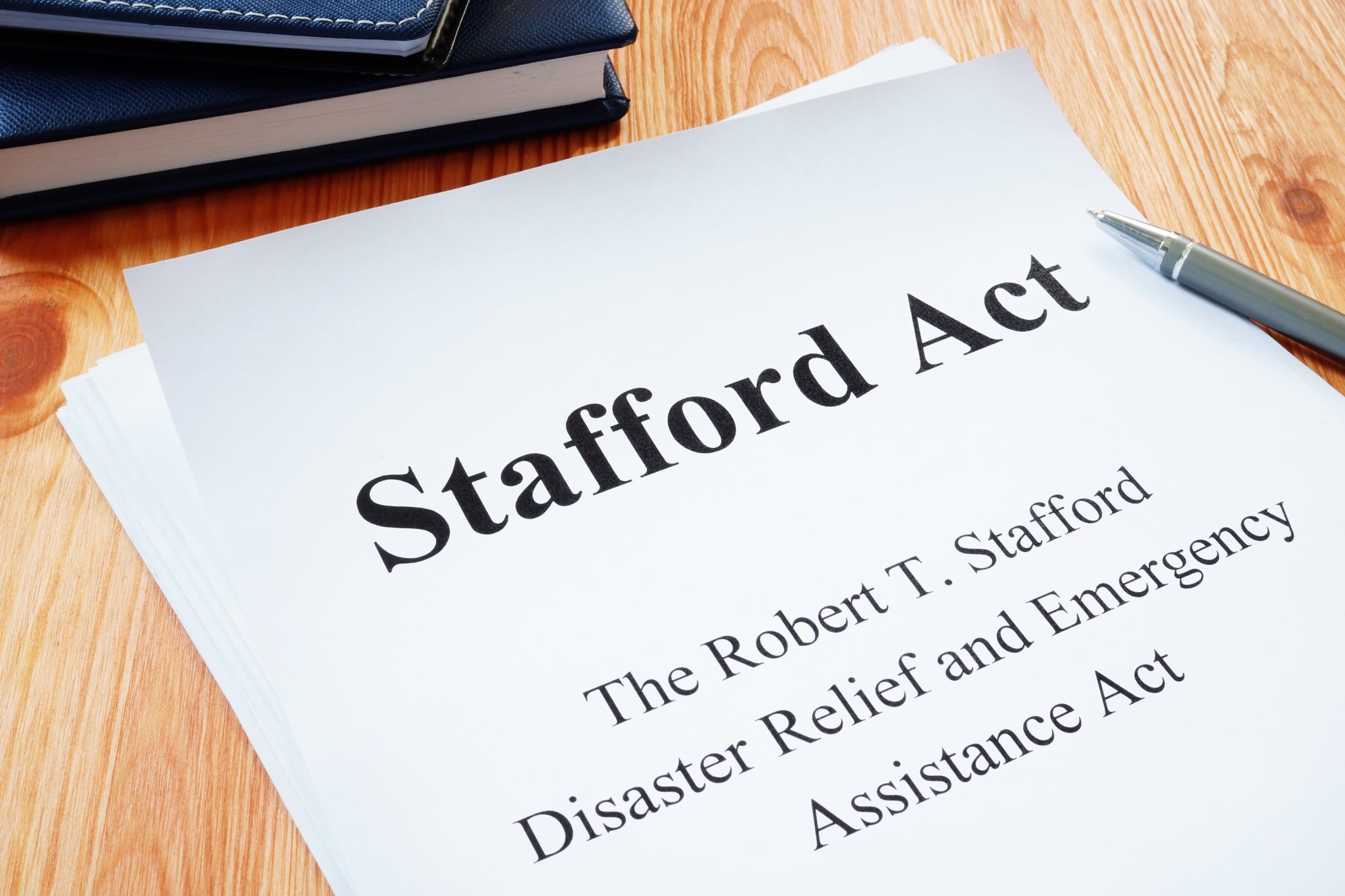Are your employees struggling to pay everyday items due to COVID-19? There is a way you can help them by providing tax-free payments for assistance and still take a deduction as an ordinary and necessary business expenses.
On March 13, 2020, the president declared the COVID-19 pandemic a national emergency effective March 1, 2020. This declaration under the Stafford Act means the pandemic meets the definition of a qualified disaster. Under Section 139, the Internal Revenue Code provides that qualified disaster relief payments are excluded from gross income, and are therefore Federal income tax-free to the recipients. Since the payments also do not count as wages or compensation, they are also exempt from Federal payroll tax and self-employment tax.
What is a Qualified Disaster Payment?
Tax-free Section 139 qualified disaster payments, in the context of payments to employees, are for the payment or reimbursement of an employee’s reasonable and necessary personal, family, living, or funeral expenses incurred as a result of the COVID-19 emergency. An example of when this may be warranted would be if, for example, your employee’s spouse lost their source of income and they were unable to make their rent payment, or if assistance is needed for childcare or homeschooling. A few examples of eligible costs include utilities, rent, grocery delivery (but not the groceries themselves), medical expenses not covered by insurance, additional childcare, or tutoring expenses as a result of the pandemic.
A qualified disaster payment cannot simply replace an employee’s income; reducing an employee’s W-2 wages and supplementing with these payments will not qualify for the tax-free treatment or business deduction. These payments must be for very specific purposes and must meet the following criteria to be considered Section 139 qualified disaster payments. Section 139 payments must be made:
- To reimburse or pay reasonable and necessary personal, family, living, or funeral expenses incurred as a result of the declared disaster or emergency;
- To reimburse or pay reasonable and necessary expenses incurred for the repair or rehabilitation of a personal residence, or the repair or replacement of its contents, to the extent the need for the repair, rehabilitation, or replacement is attributable to the declared disaster or national emergency; or
- By a Federal, state, or local government, or agency or instrumentality thereof, in connection with the Federal disaster or national emergency to promote the general welfare.
Payments cannot cover expenses that are compensated by insurance or by any other manner.
Limitations
As with most tax items, there are limitations to Section 139 qualified disaster relief payments. As mentioned above, these payments are not to serve as replacement for compensation. No payment for expenses that are otherwise covered by insurance or other consideration are considered eligible. In addition, no Federal deduction or credit by the recipient is allowed for expenses paid by qualified disaster payments.
Establish a Policy
Employers who wish to aid employees during a qualified disaster should consider crafting a written policy and procedures for implementing assistance. This plan should outline when an employee is eligible and limit those payments to reasonable and necessary unreimbursed expenses incurred as a direct result of the COVID-19 national emergency.
While the plan should be written, formal, and non-discriminatory, it does not have to be cumbersome or overly complex. A simple outline of your program and its intent with a mechanism to request assistance submitted via email could be enough. The idea is to help your employees, demonstrate support and loyalty during a tumultuous time, and provide the appropriate documentation for the tax treatment of such payments.
Remember, some payments do not qualify for the tax-free treatment, such as items covered by insurance. Any nonqualified payments are treated as taxable employee compensation unless there is some other tax law exception to taxation.
If you would like to establish a plan for your organization and need assistance, please contact us and one of our advisors will be happy to assist with creating your plan.
© 2020
About Erin:
 Erin Kidd is the Tax Individual Practice Supervisor at Thompson Greenspon and has nearly a decade of tax experience specializing in individual taxation. Throughout her career, she has focused on simplifying complex tax issues and educating clients to maximize their tax benefits and plan for future events. Erin is responsible for the review of individual Federal and multi-state tax returns, managing the firm’s Military Spouse Remote Preparer Program, preparation of individual tax returns with international taxation and reporting requirements, and assisting with the resolution of client issues with Federal and State Taxing Authorities.
Erin Kidd is the Tax Individual Practice Supervisor at Thompson Greenspon and has nearly a decade of tax experience specializing in individual taxation. Throughout her career, she has focused on simplifying complex tax issues and educating clients to maximize their tax benefits and plan for future events. Erin is responsible for the review of individual Federal and multi-state tax returns, managing the firm’s Military Spouse Remote Preparer Program, preparation of individual tax returns with international taxation and reporting requirements, and assisting with the resolution of client issues with Federal and State Taxing Authorities.
Erin holds a Bachelor’s and Master’s Degree in Business Administration from Morehead State University, is an Enrolled Agent, a federally licensed tax preparer who has unlimited rights to practice before the IRS, and an Accredited Financial Counselor ®. She has been recognized by the Garrison Commands of West Point, NY and Fort Leavenworth, KS for her contributions to the military community for her work with the installations’ Volunteer Income Tax Assistance Centers.


